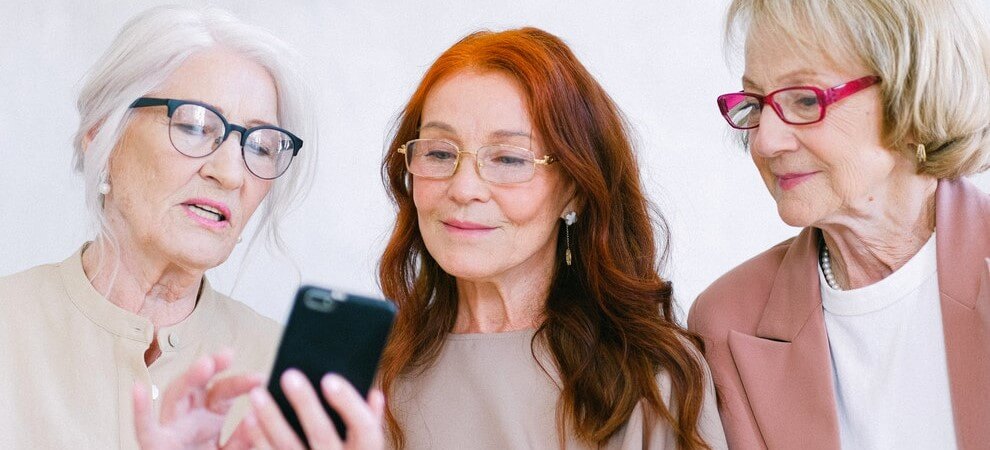Life expectancy has been increasing for years. As a result, scientists and engineers are coming up with new supportive technologies for senior living. Of course, social distancing has introduced challenges for older people and care providers. Those needing in-home aid have experienced even more disruptions throughout the pandemic. For lots of older people, voice technology could be the answer.
Medical and care professionals discovered the benefits of voice assistance for seniors at home or in controlled environments. Lots of devices use Bluetooth and Wi-Fi connections, as well as the Internet of Things (IoT), to enhance the safety and independence of users. While older people are more tech-savvy than ever nowadays, we know that not everyone feels comfortable with new technology. Luckily, family members and professionals can help elderly people set up their voice technology devices, which are often simpler than you might think. Here are four ways that older people can use voice technology at home.

1. Communication
Eyesight tends to decline as we age. According to a 2020 survey, nearly 60% of people in the UK wear glasses. Among older people, this percentage is even higher. Therefore, reading small text on a smartphone or tablet can be challenging for some older people. This is where voice technology comes in. Older people can use voice recognition devices to make communication faster and easier. They can use voice commands to navigate their smartphones and send messages. Additionally, many devices can read incoming messages aloud, so there's no need to squint at small text. In addition, many doctors have been using telehealth communication to keep vulnerable people safe throughout the pandemic. Older people need not miss out on healthcare for fear of coronavirus. Instead, they can ask their smartphone or tablet to video call their medical professionals, accessing real-time assistance. You can also connect a smart home speaker to a smartphone or tablet, helping elderly users read and send messages if they lose their phones.2. Safety
Voice technology can also help to increase safety at home. You may wish to install a door camera and connect it to a smart speaker. This can help elderly residents identify a visitor without having to open the front door. With the right kind of locks, you can also let a visitor into the house remotely by unlocking the doors using voice activation. Elderly residents can also install an outdoor speaker, connecting to the camera and relaying messages to guests at the door. If an individual has limited mobility and takes a while to answer the door, the voice activation feature can enhance security and convenience. For example, the homeowner can also let the visitor know that they are coming, which eliminates the need to rush to the front door. As a result, voice technology can actually reduce the risk of falls in the home. With voice commands for elderly patients and other voice recognition systems, seniors can call emergency support lines if they cannot dial, or do a host of routine tasks, like getting help with setting up appointments. The ability to call for help in an emergency is so important - that's why LifeConnect24 offers a range of life-saving personal alarms for the elderly.

